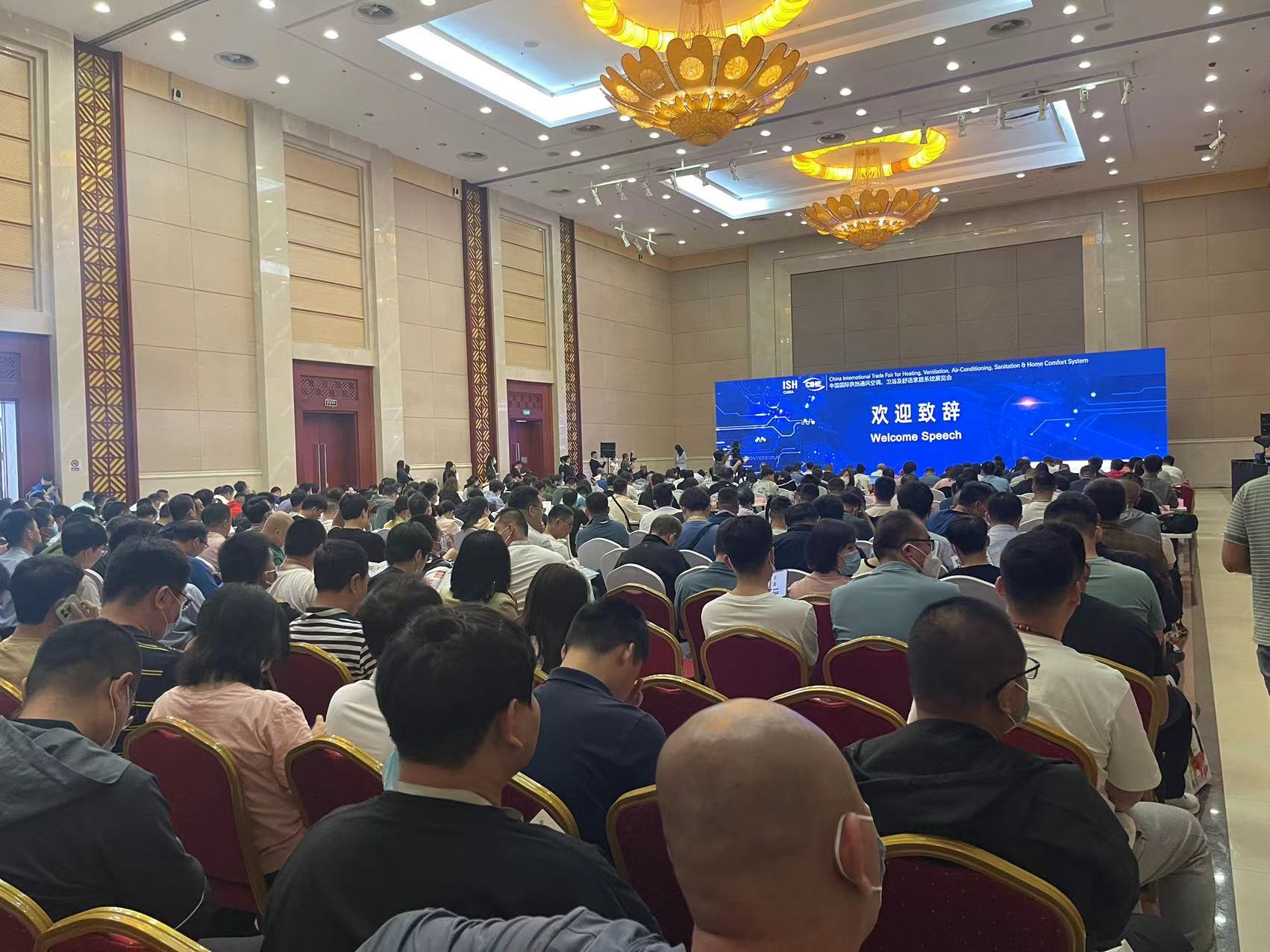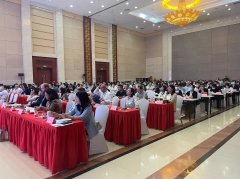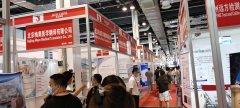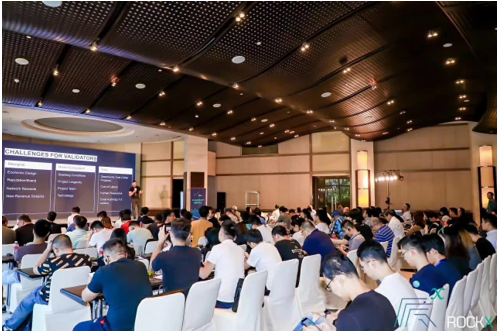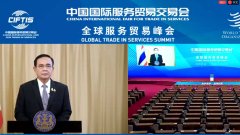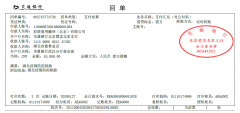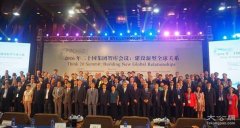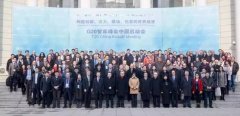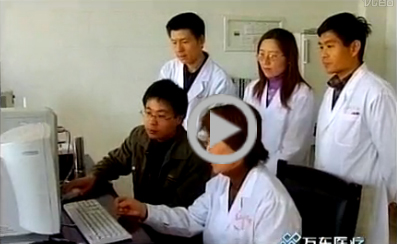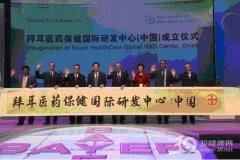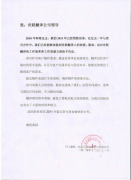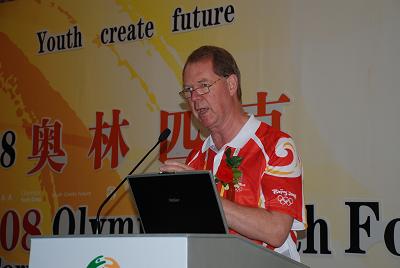- 专业翻译公司
-
国际译联发布国际翻译日主题
Unitrans世联
多样化的语言 高质量的翻译
我们星球上的语言多种多样,估计达六七千种。这六七千种语言承载者我们共同的回忆和非物质遗产。然而这些语言所蕴含的语言和文化多样性正受到威胁:仅占世界总人口4%的人使用着全球96%的语言,这其中的数百种语言很快就会永远消失。
为此,联合国教科文组织和联合国号召其成员国对世界各族人民使用的众多语言予以支持和保护。于2001年通过的联合国教科文组织《世界文化多样性宣言》指出:“文化多样性……对人类来讲就像生物多样性对维持生物平衡那样必不可少。”
口笔译和术语工作者们作为跨文化和跨语言交际中不可或缺的协调者,在保护语言多元化和促进全球语言间顺畅交流方面有着特殊的责任。迅速发展的信息科技、无所不及的英特网、不断扩大的全球化贸易活动以及日益频繁的科学文化合作无疑凸显了翻译工作者在当今世界中所扮演的重要角色,并宣告了一个“多样化时代”的来临,这进一步加重了语言工作者所担负的责任。他们在确保译入语准确无误、严把质量的同时还要不失原语的细小微妙之处。
作为世界上最古老的职业之一,翻译工作在今天变得越来越纷繁复杂。译员不仅需要熟练掌握原语和译入语,还需要深入了解特定的专业领域,并同时具备宽广的知识面和对文化的理解;不单要对所翻译的内容了如指掌,还要对最新的信息科技驾轻就熟。对译员素质的全面要求是保证翻译质量,促进当今世界各民族与文化间顺畅交流的题中之义。
目前很多国家都设有口笔译和术语工作者协会,这些协会在提高翻译质量、制定职业标准与规范方面发挥着重要作用。国际翻译家联盟(简称国际译联,英文简称FIT)将这些协会团结起来,帮助他们分享彼此的知识与经验。国际译联致力于统一翻译标准和规范翻译质量,并鼓励尚未建立翻译协会的国家筹建相关机构,辅助其初期建设。国际译联正是通过这一系列举措来履行促进、保护和维护全球语言文化多样性的责任。
国际译联是职业口笔译和术语工作者协会的国际联盟,拥有来自60多个国家的109名会员组织,代表着8万余名语言专业工作者的利益。更多有关国际译联的信息参见国际译联网站。
(翻译:吕冬,审定:黄长奇)
————
附英文原文:International Translation Day 2010
Translation Quality for a Variety of VoicesOur planet is rich in language diversity. The estimated six to seven thousand languages spoken around the globe are the repository of our collective memory and intangible heritage. But the linguistic and cultural diversity they offer is under threat: 96% of these languages are spoken by only 4% of the world’s population and hundreds of them will soon be lost forever.
Unitrans世联翻译公司在您身边,离您近的翻译公司,心贴心的专业服务,专业的全球语言翻译与信息解决方案供应商,专业翻译机构品牌。无论在本地,国内还是海外,我们的专业、星级体贴服务,为您的事业加速!专业翻译公司,北京翻译公司,上海翻译公司,英文翻译,日文翻译,韩语翻译,翻译公司排行榜,翻译公司收费价格表,翻译公司收费标准,翻译公司北京,翻译公司上海。
UNESCO and the United Nations have called on their Members States to support and protect the range of languages spoken by the peoples of the world. UNESCO’s Universal Declaration on Cultural Diversity, adopted in 2001, states that ‘cultural diversity is as necessary for humankind as biodiversity is for nature’.
Translators, interpreters and terminologists, indispensable as mediators in interlingual and cultural contexts, have a special responsibility to help preserve multilingualism and promote smooth interaction between all the world’s languages. The burgeoning growth in information technologies, the widening reach of the Internet, the expansion of trade globally and ever-increasing scientific and cultural cooperation have undoubtedly enhanced the role of translators and interpreters in the modern world and ushered in a ‘time of plenty’. This has in turn increased the burden of responsibility on language professionals: their work must meet exacting standards of accuracy and quality yet lose none of the nuances of the original language.
Translation, one of the oldest professions, now sees increasing complexity in its environment. Translators do not simply need to have mastery of the languages out of which and into which they translate. They need narrower and deeper specialisations, balanced with broad general knowledge and cultural understanding. They must have a good grasp of the subject matter they are translating and they need to be competent in the latest information technologies. This combination of skills underpins the translation quality so necessary for smooth interaction between peoples and cultures in the modern world.
Many countries have active national associations of translators, interpreters and terminologists which play a major role in improving the quality of translation and developing professional standards and
recommendations. The International Federation of Translators (FIT) unites these associations, helping them to benefit from shared knowledge and experience. It aims to harmonise translation standards and seeks conformity for translation quality criteria. It also encourages the establishment of new translation associations in countries where they do not yet exist and nurtures their early development. In this way FIT is able to meet its responsibility to promote, protect and preserve the diversity of the world’s languages and cultures.- 上一篇:中国应向世界推广中文用词
- 下一篇:第四届“《英语世界》杯”翻译大赛启事及比赛原文




